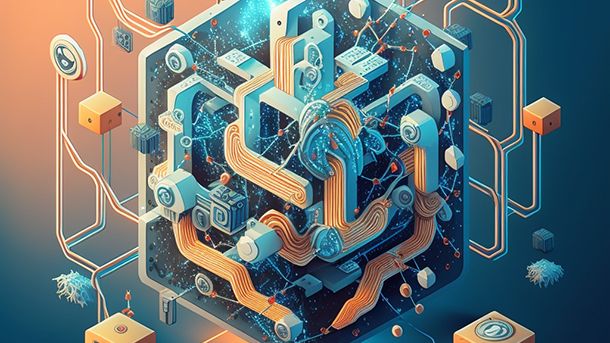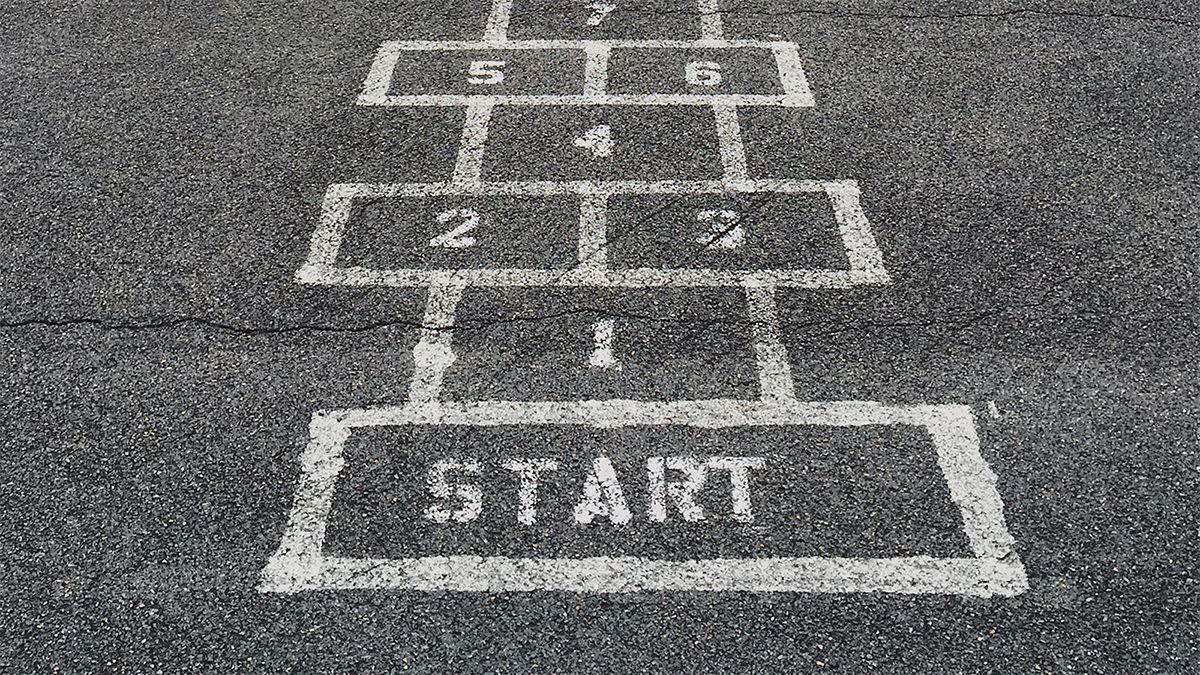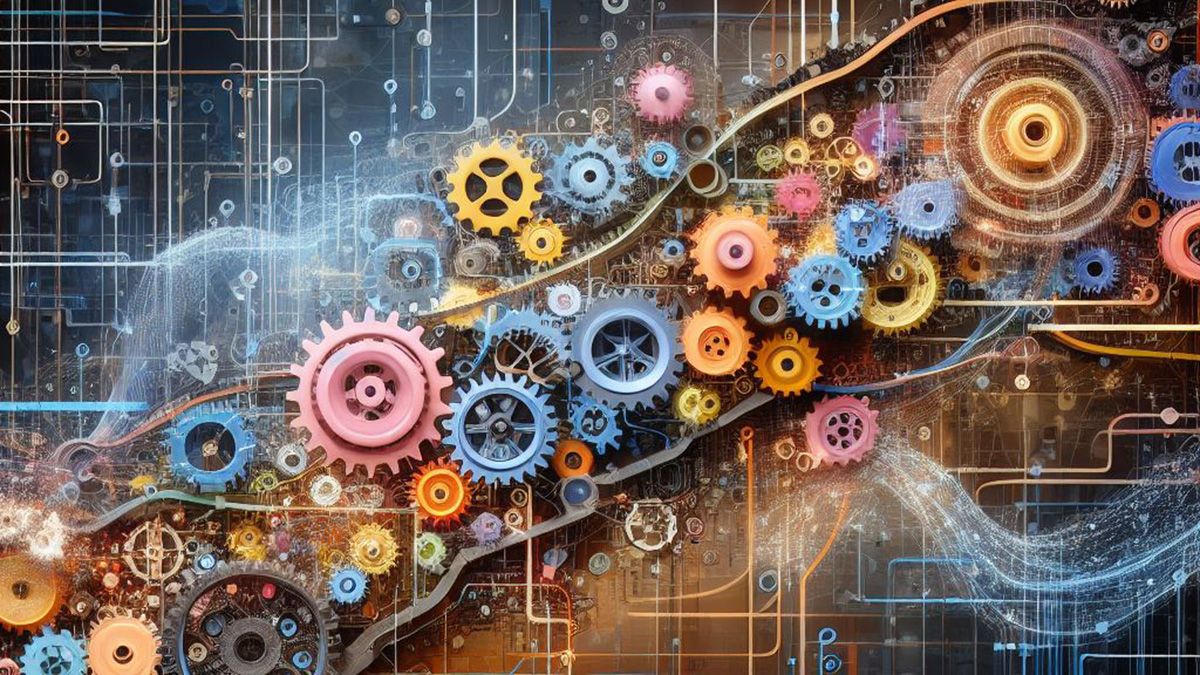Education
Education is the process of acquiring knowledge, skills, values, and attitudes through various methods, such as teaching, training, or research.
-
Formal and Informal: Education can be formal, as in traditional schooling, or informal, which includes self-directed learning, on-the-job training, and life experiences.
-
Levels: Education occurs at different levels, including primary (elementary), secondary (high school), and higher education (college or university). It can also involve vocational or technical training.
-
Lifelong Process: Education is not limited to a specific age or phase of life. Lifelong learning is encouraged and can enhance personal and professional development.
-
Curriculum: Schools and educational institutions use a structured curriculum to teach subjects such as mathematics, science, history, language arts, and more.
-
Specializations: At the higher education level, individuals often choose specific fields or majors to specialize in, such as engineering, psychology, or business.
-
Skill Development: Education is not only about acquiring knowledge but also about developing critical thinking, problem-solving, communication, and other skills.
-
Educational Systems: Different countries have their own educational systems, with variations in curriculum, grading, and standards. Public and private education sectors exist in many places.
-
Online Education: The internet has revolutionized education, making online courses and e-learning accessible to a global audience.
-
Access to Education: Access to quality education can vary significantly based on factors like geography, socio-economic status, and government policies.
-
Inclusivity: Efforts are made to ensure that education is inclusive, regardless of gender, disability, or cultural background.
-
Role in Society: Education plays a critical role in personal development, improving job prospects, promoting social mobility, and contributing to a knowledgeable and skilled workforce.
-
Globalization: Education is closely linked to globalization, as it prepares individuals for participation in the global economy and fosters cross-cultural understanding.
-
Challenges: Challenges in education include ensuring equal access, addressing educational disparities, adapting to technological advancements, and preparing students for the evolving job market.
-
Teaching Methods: The methods of teaching have evolved, incorporating technology, active learning, and student-centered approaches.
-
Educational Research: Research in education contributes to the development of effective teaching methods, curriculum design, and policy formulation.
-
Continual Improvement: Education systems strive for continual improvement to meet the changing needs of learners and society.
Education is a powerful tool for personal and societal development, enabling individuals to learn, adapt, and contribute to their communities and the world. It plays a pivotal role in shaping the future and addressing global challenges.












